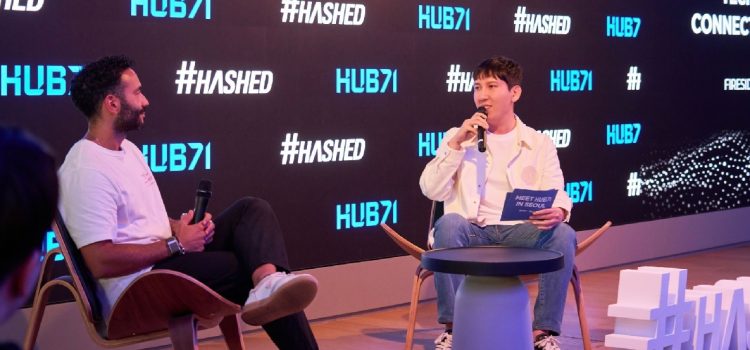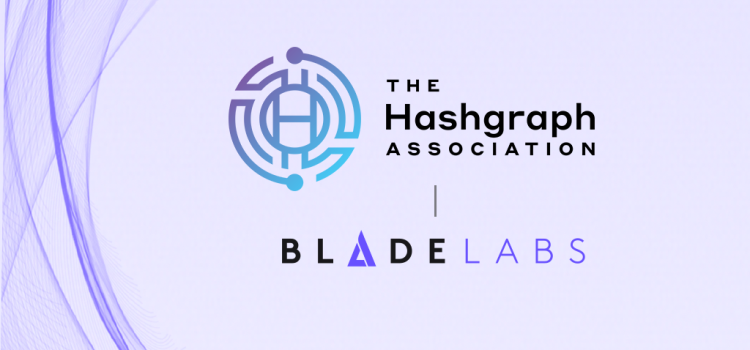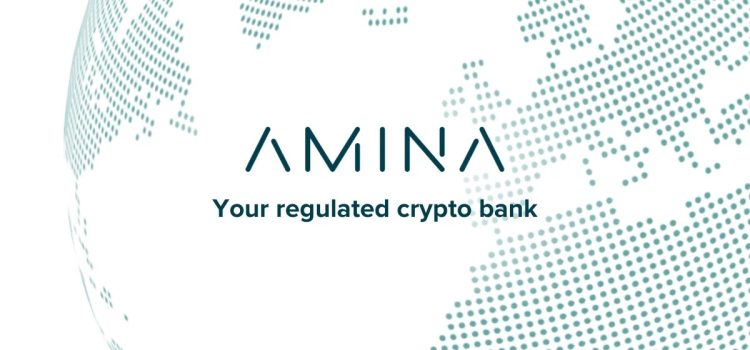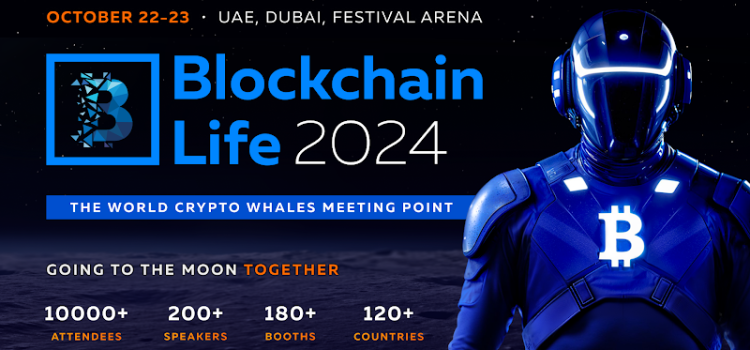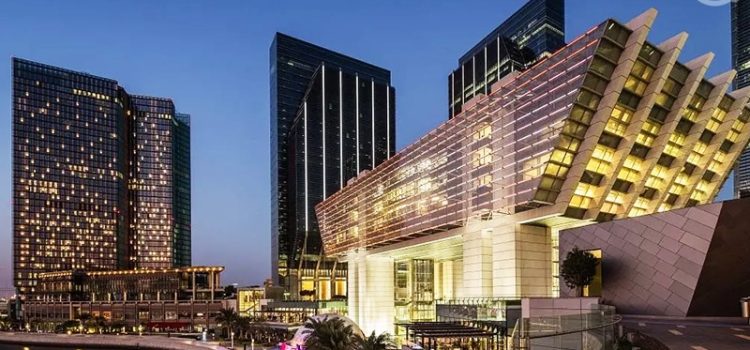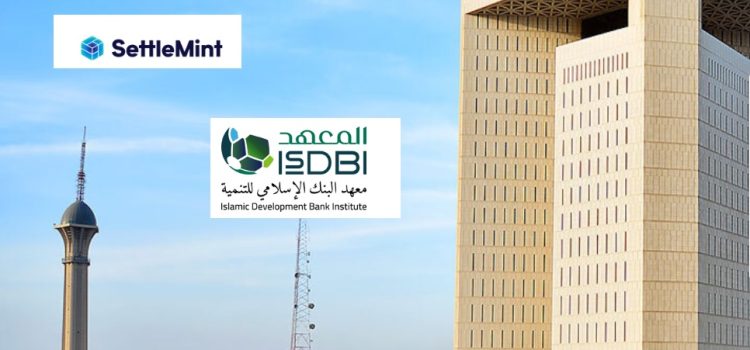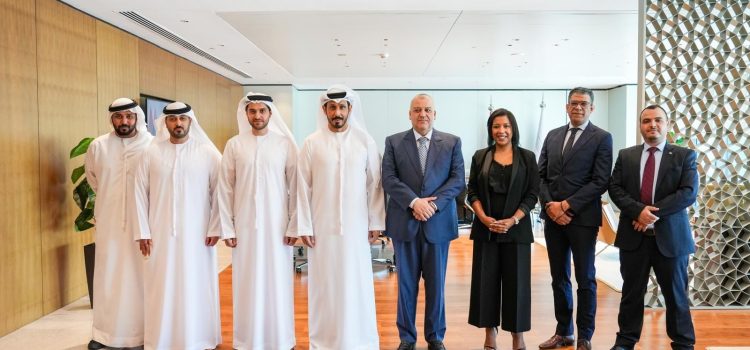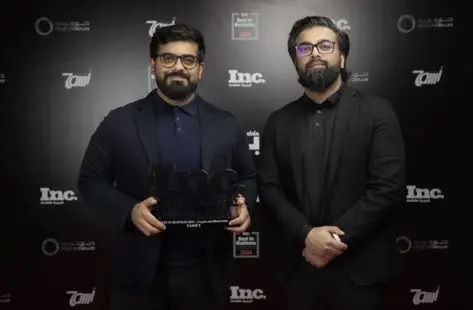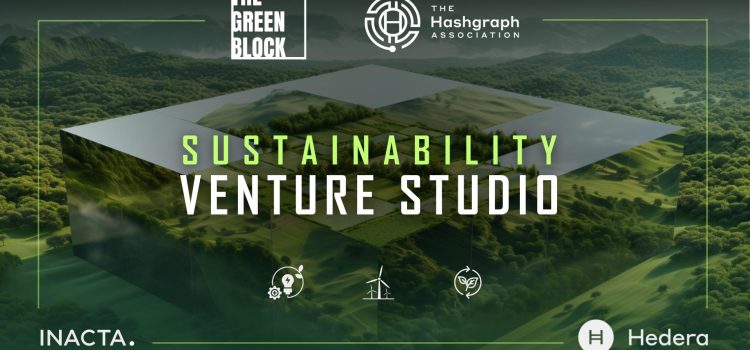
Hashed Ventures, a South Korean crypto investment firm has partnered with Abu Dhabi Hub 71 to introduce more Korean startups to the UAE. It has expanded its presence to the UAE.
As per the announcement on Bloomberg, Hashed Ventures views the UAE as having an advantageous regulatory environment making it one of the hottest global crypto hubs.
Hashed Ventures plans to bring over firms in Fintech and digital assets. The company will also look to open an office in Abu Dhabi and explore potential fund raising opportunities in the capital of the UAE, according to Simon Seo-Joon Kim, chief executive officer and managing partner of Hashed.
Founded in 2017, Hashed oversees about $700 million in assets, and already has offices around the globe, including San Francisco and Singapore. Kim said in an interview that the company is actively looking to expand overseas, as the environment for startups in South Korea became increasingly challenging due to several reasons, including the difficulty in expanding its domestic market.
“For the Korean startup, the mission to expand their business to abroad is quite mandatory because the biggest problem of Korea is our population is decreasing,” Kim said in an interview. “But I believe that the talent-wise, the Korean entrepreneur is one of the best in the world, so we have to expand our business to abroad.”
“We are excited about the prospect of welcoming more Korean startups to Abu Dhabi and attracting the most promising Web3 and digital asset technologies to the UAE capital,” Ahmad Ali Alwan, chief executive officer of Hub71, wrote in an email statement.
Kim said that Hashed is already helping some South Korea-based companies valued at more than $1 billion enter the Abu Dhabi market. He declined to disclose the names of the firms, saying the process is still ongoing.
“UAE is a very special market for us because the regulatory wise, Abu Dhabi has the most friendly and clear guidance for the web3 startups,” Kim said. “So these days, so many Web3 startups are opening Abu Dhabi offices.”
Kim also said that the global phenomenon of Korean content such as Korean pop music and drama, as well as South Korea’s long-existing relationship with UAE building nuclear power plants, are advantages for Korean startups looking to enter the Middle East.
A month prior to this announcement Simon Kim on LinkedIn wrote, ” Hashed is thrilled to host Hub71, an Abu Dhabi government-initiative startup accelerator, in South Korea, connecting vibrant startup ecosystems. Hub71 offered Korean startups opportunities to explore Abu Dhabi, gain international exposure, and connect with global investors. This event highlighted the importance of cross-border cooperation in driving innovation and growth.”








